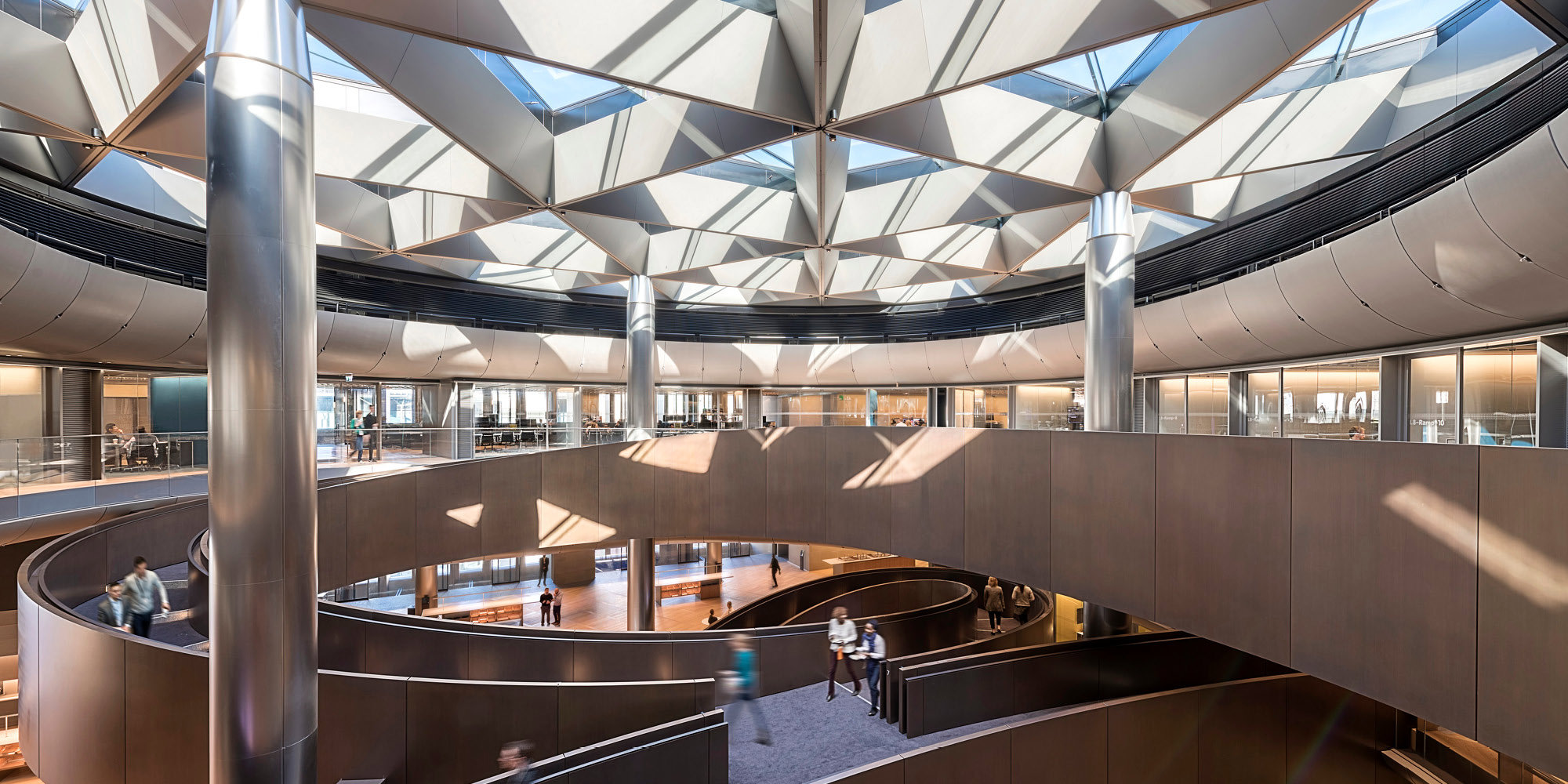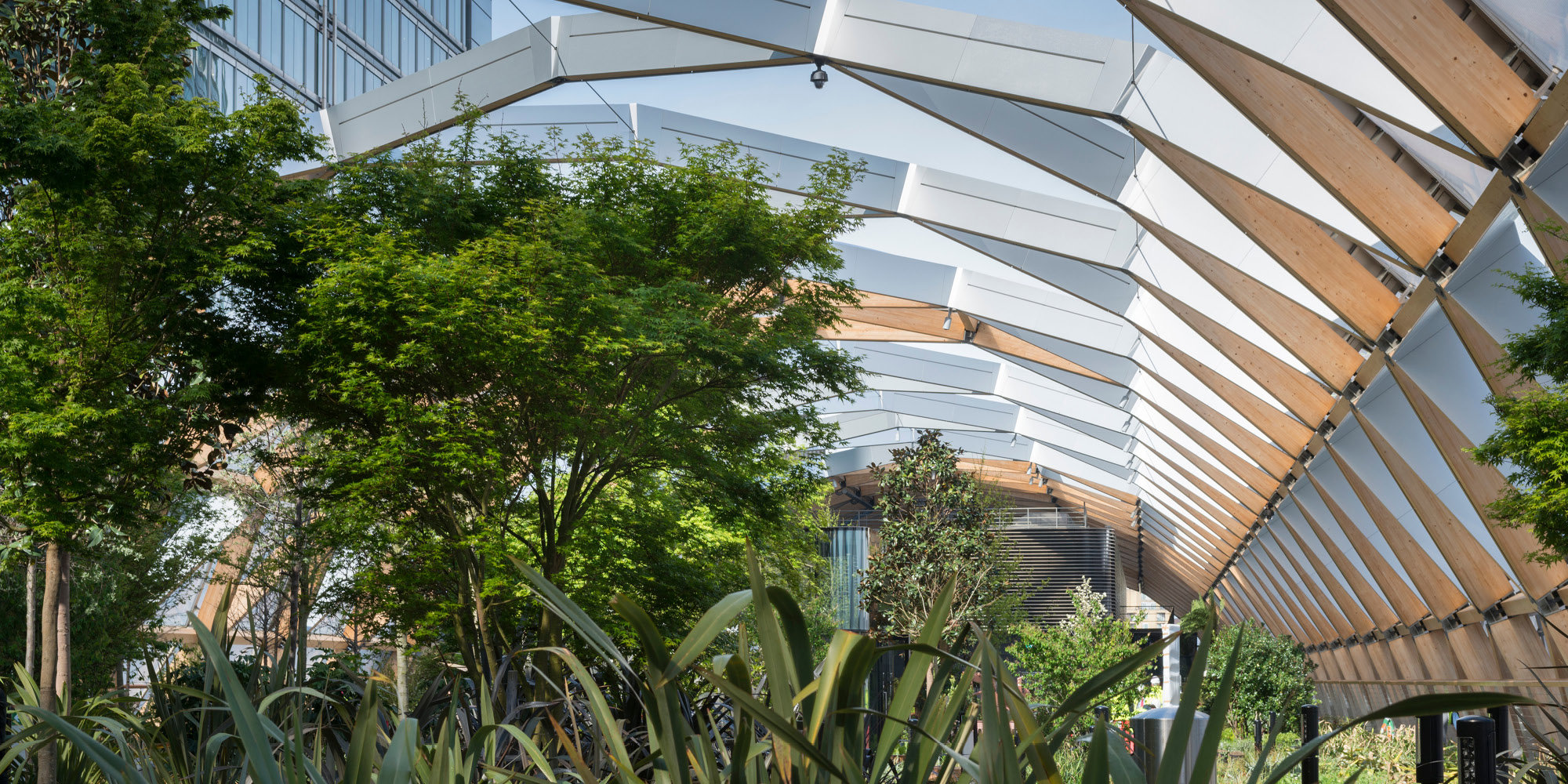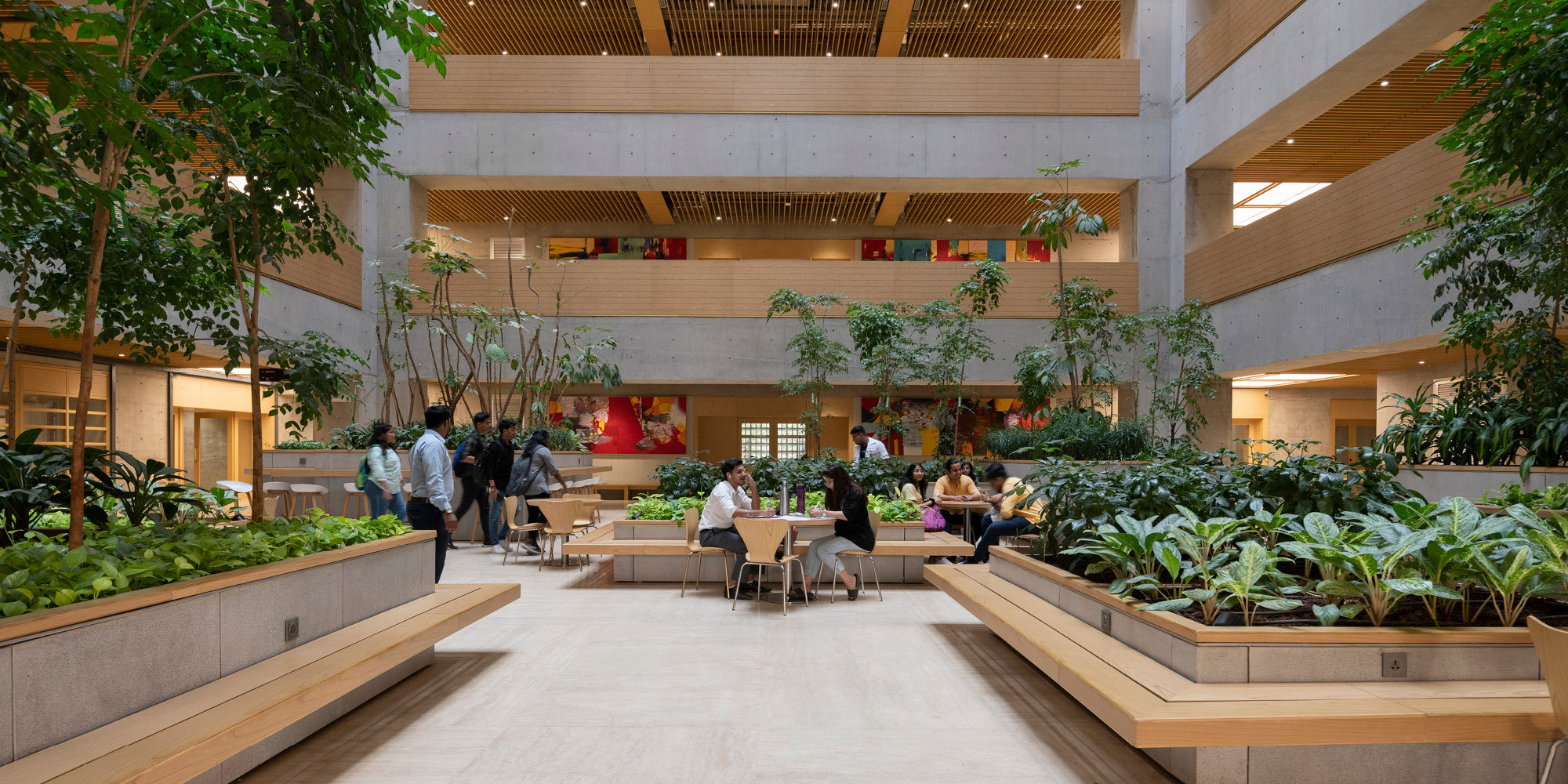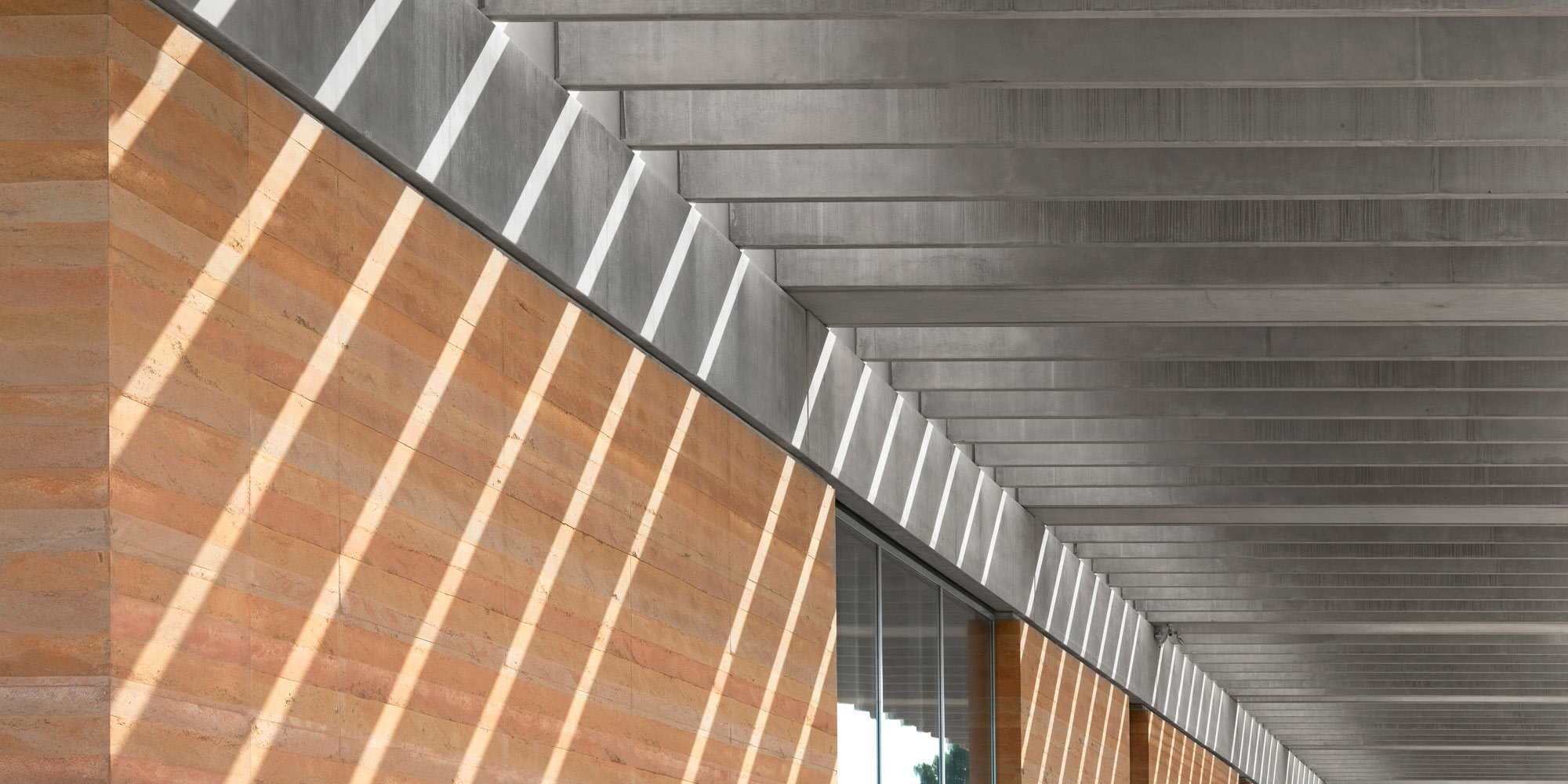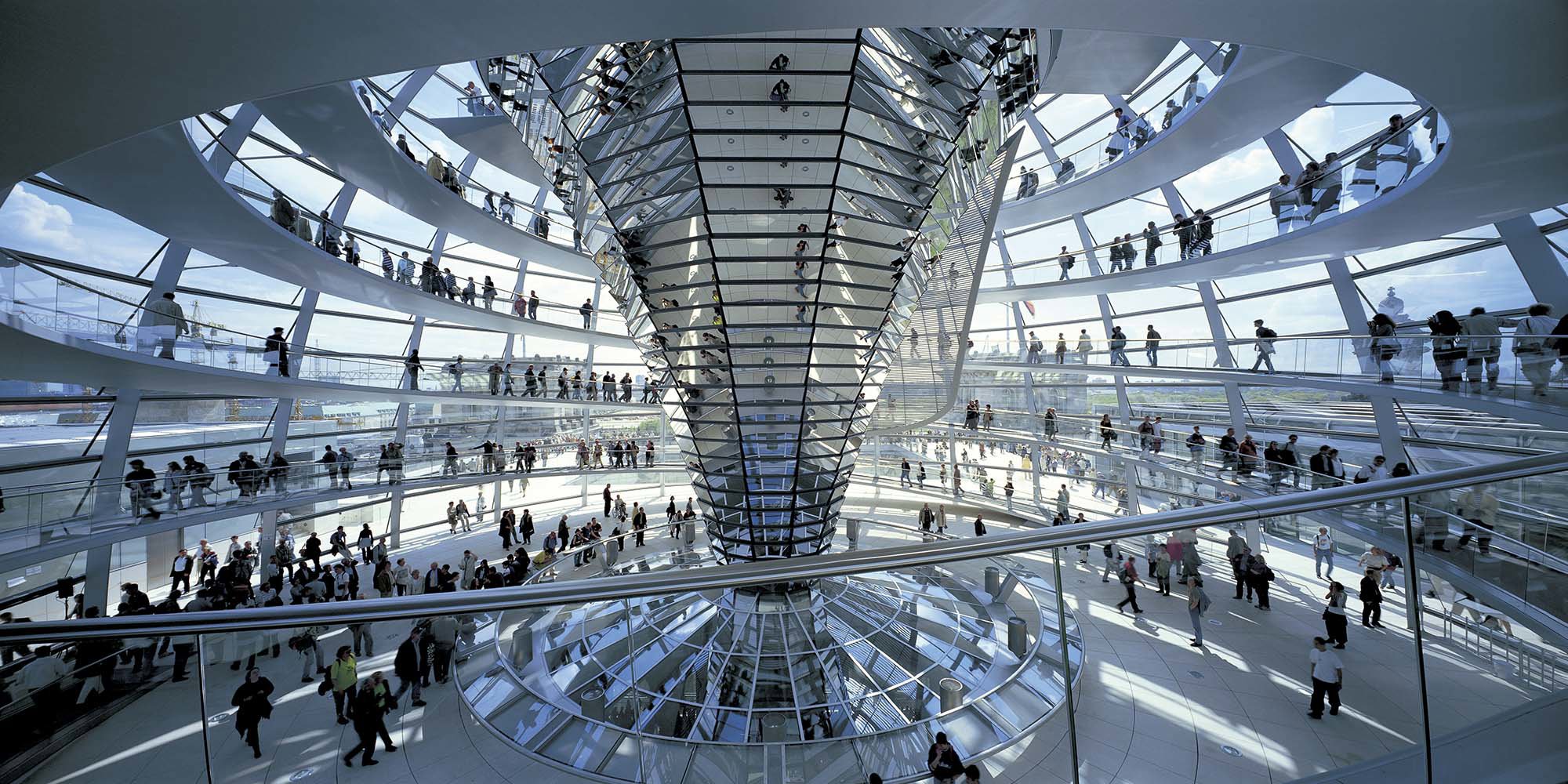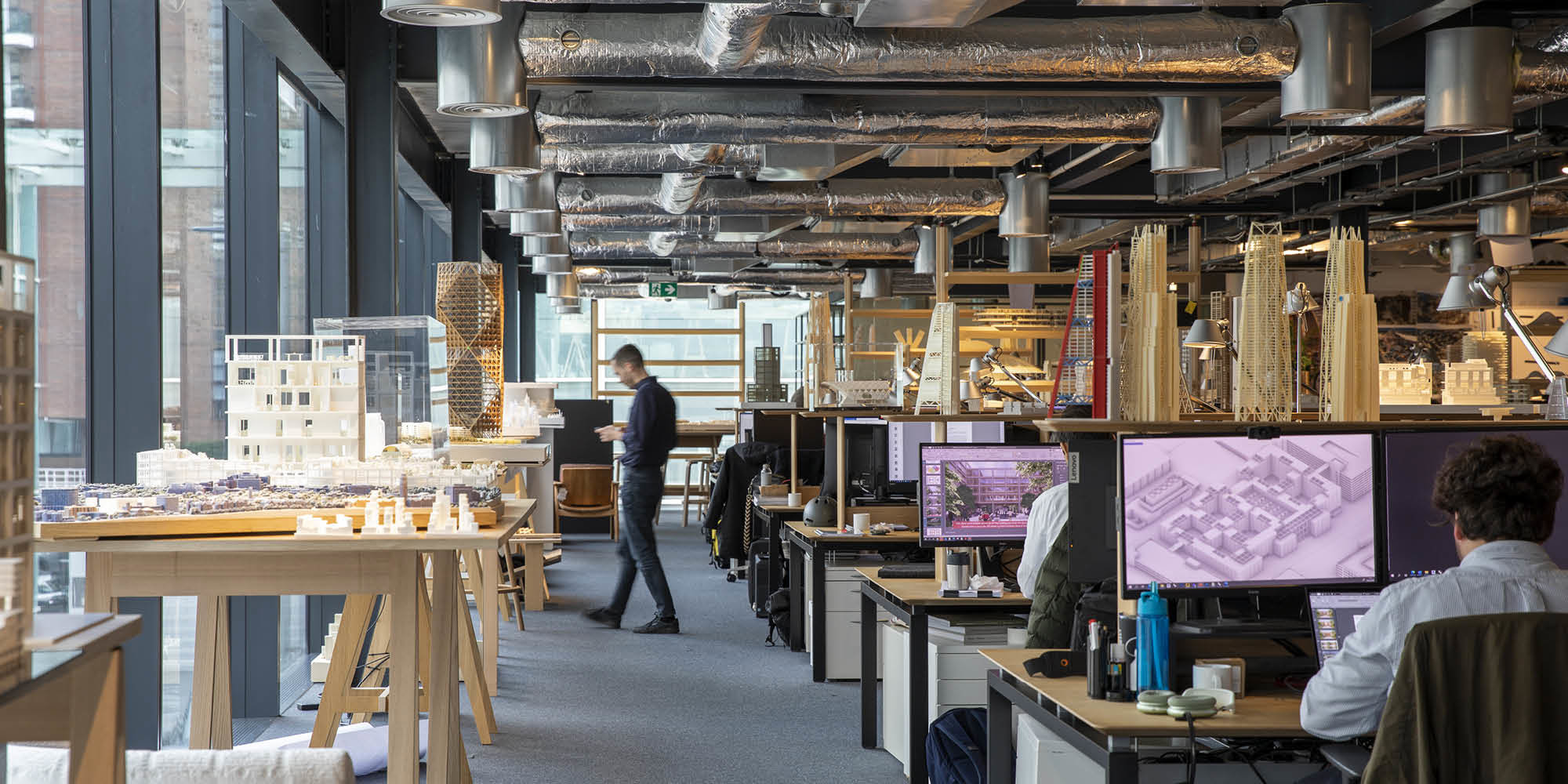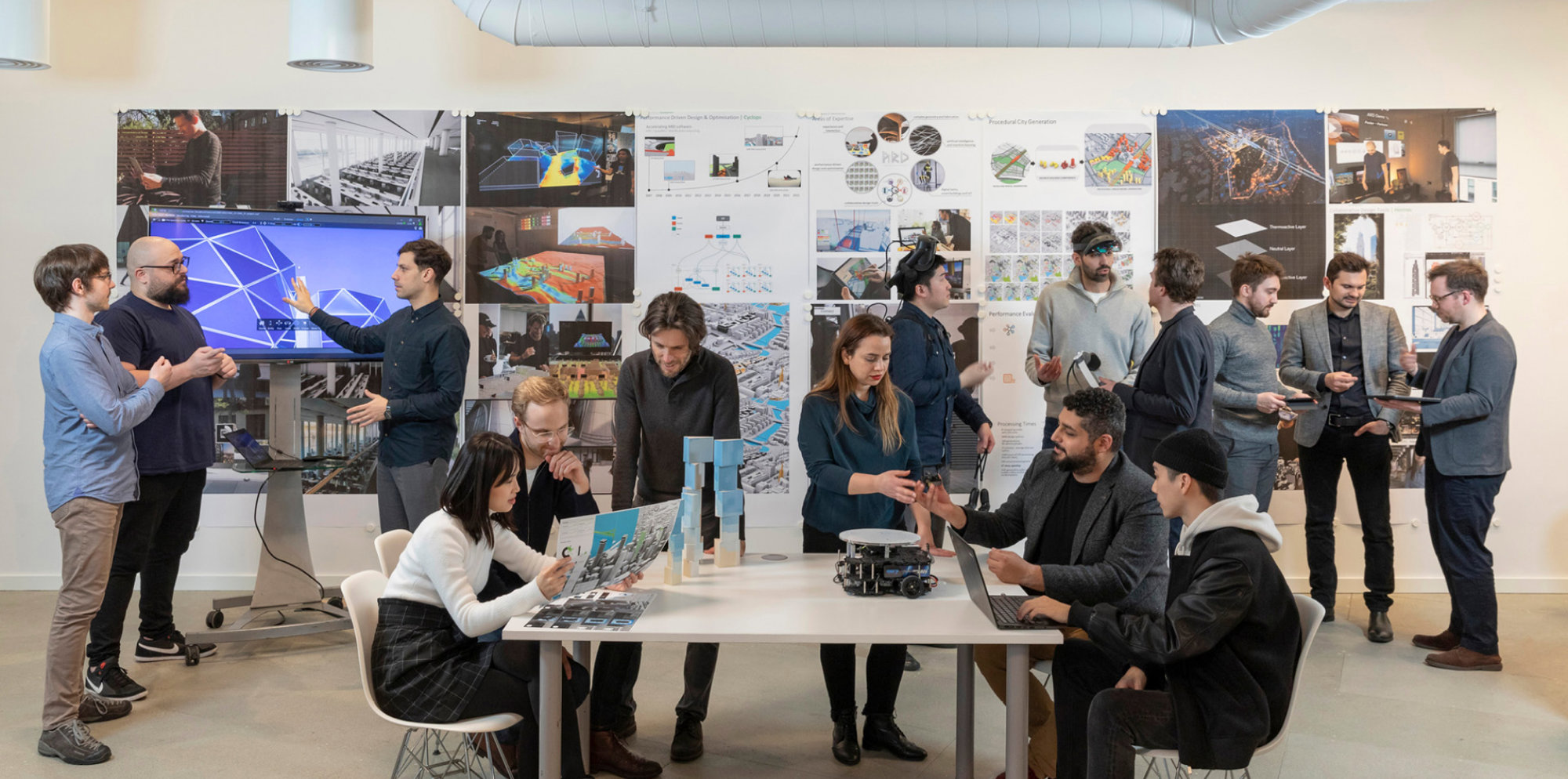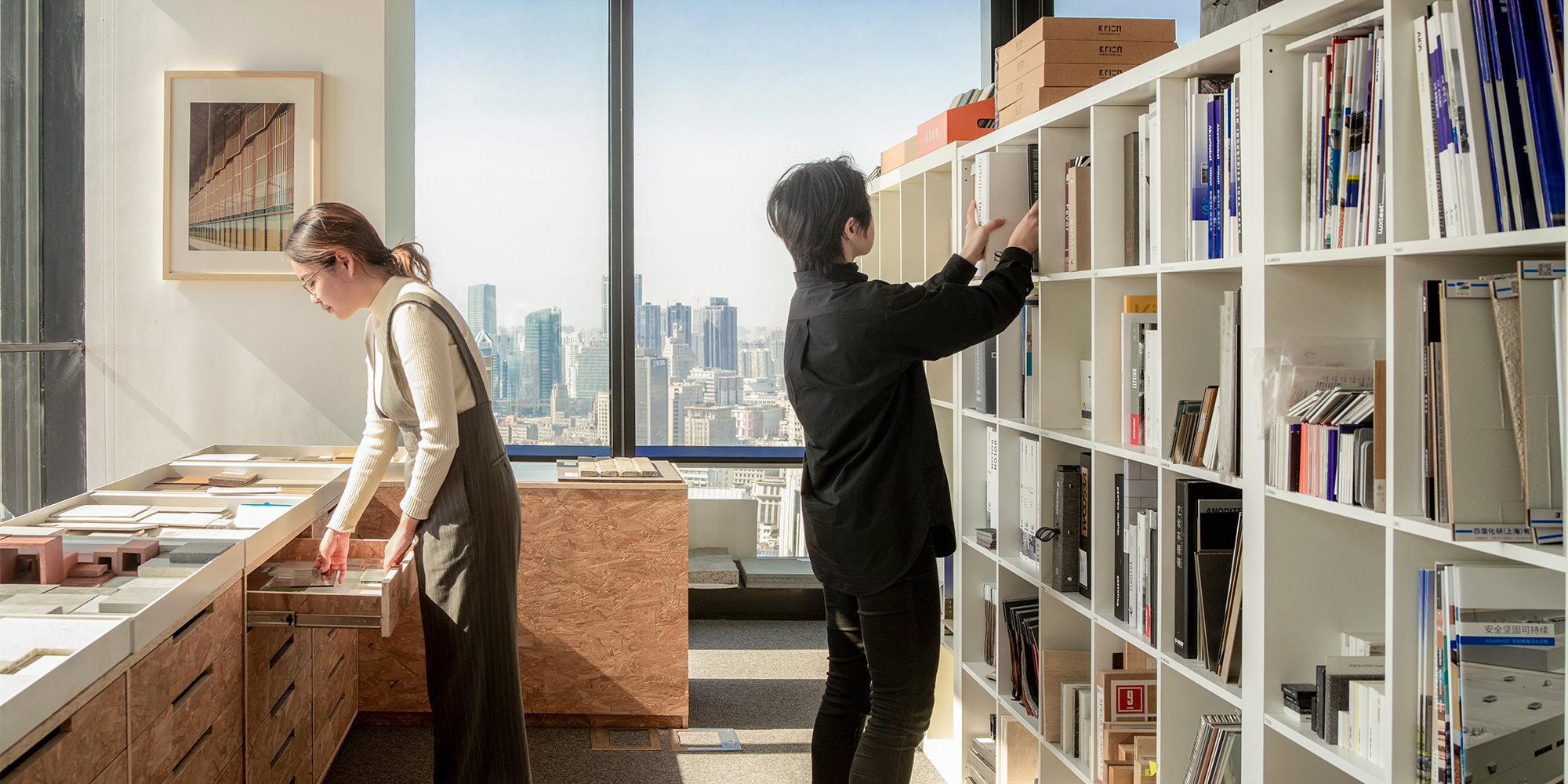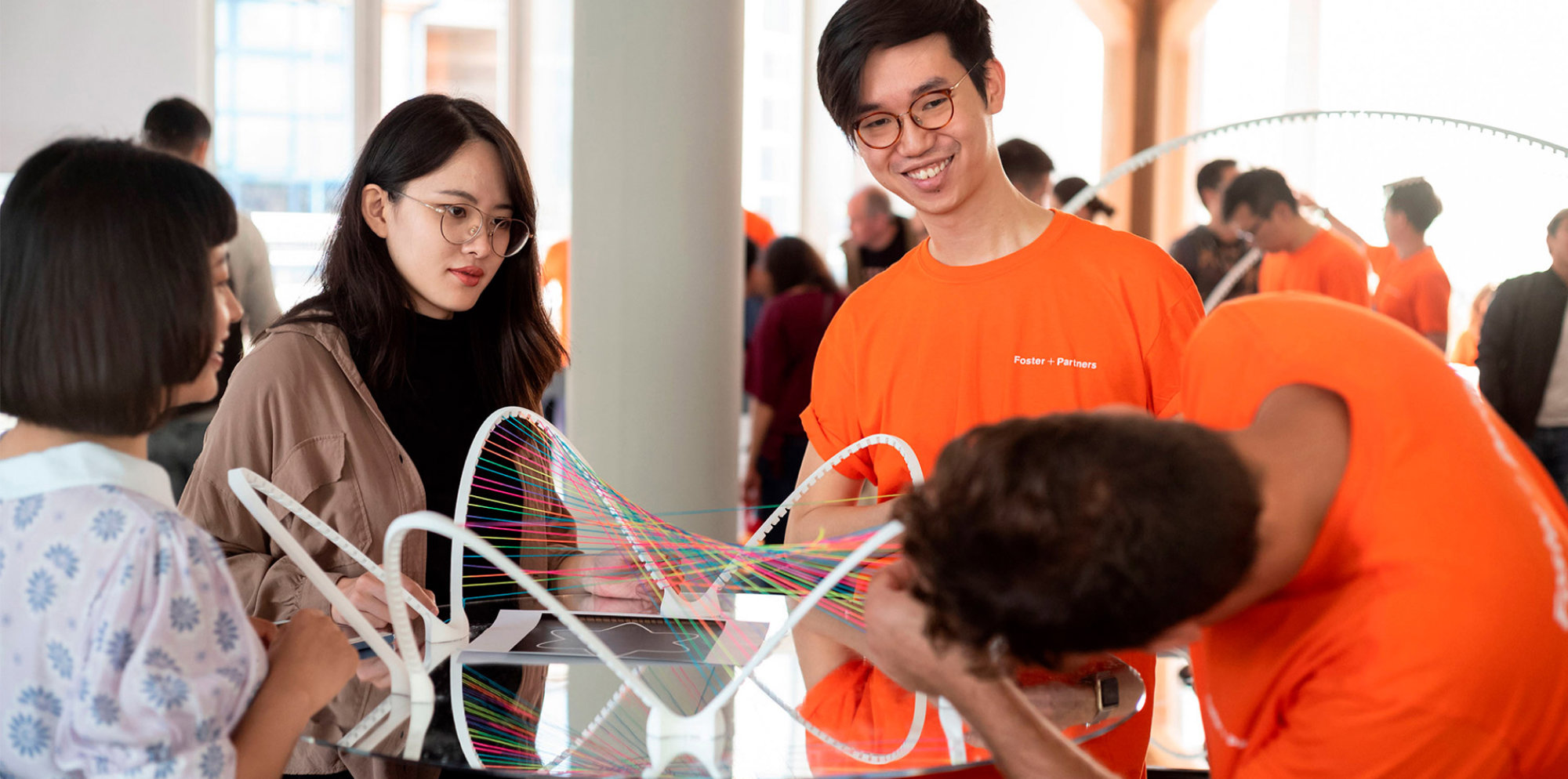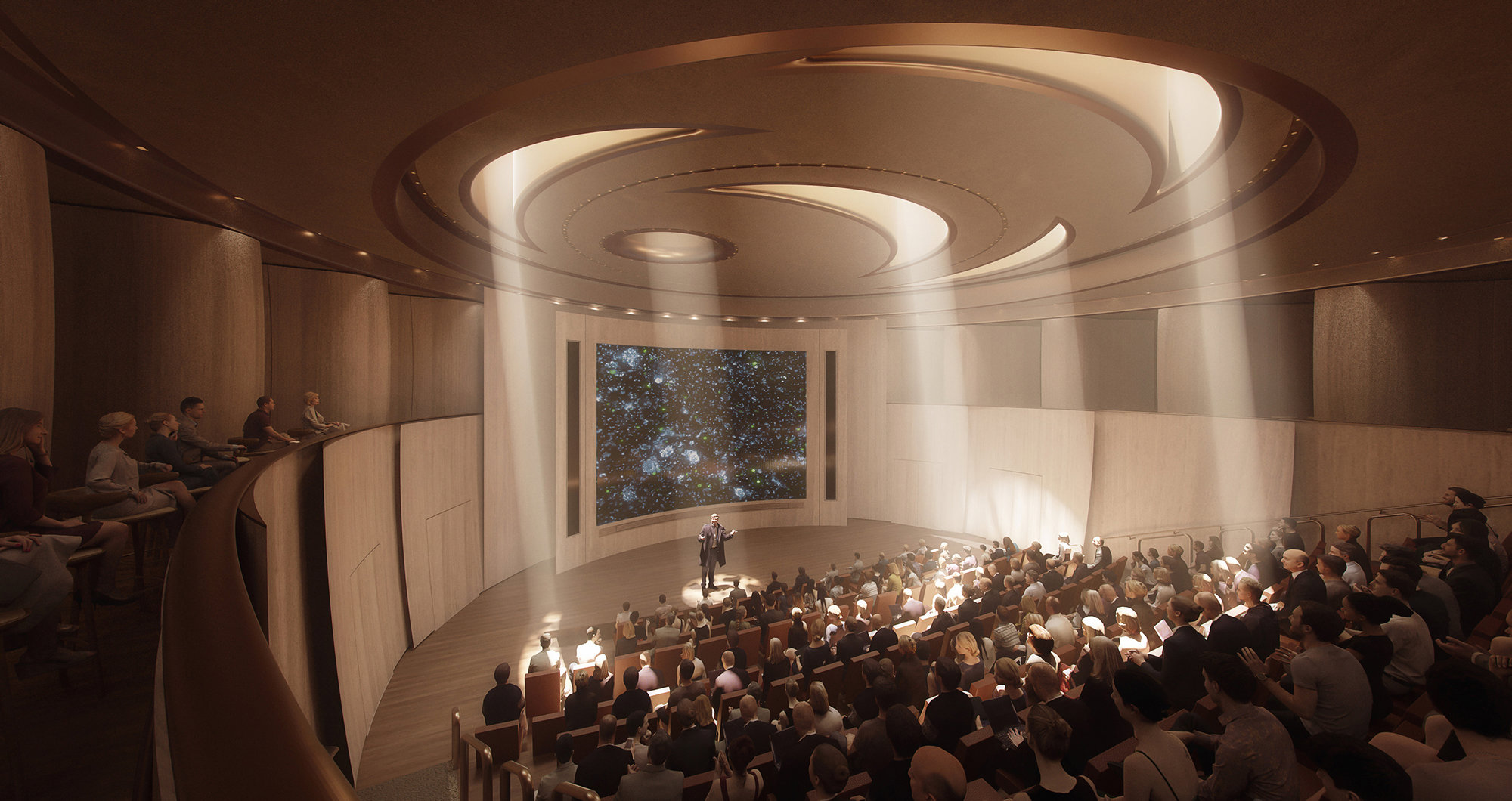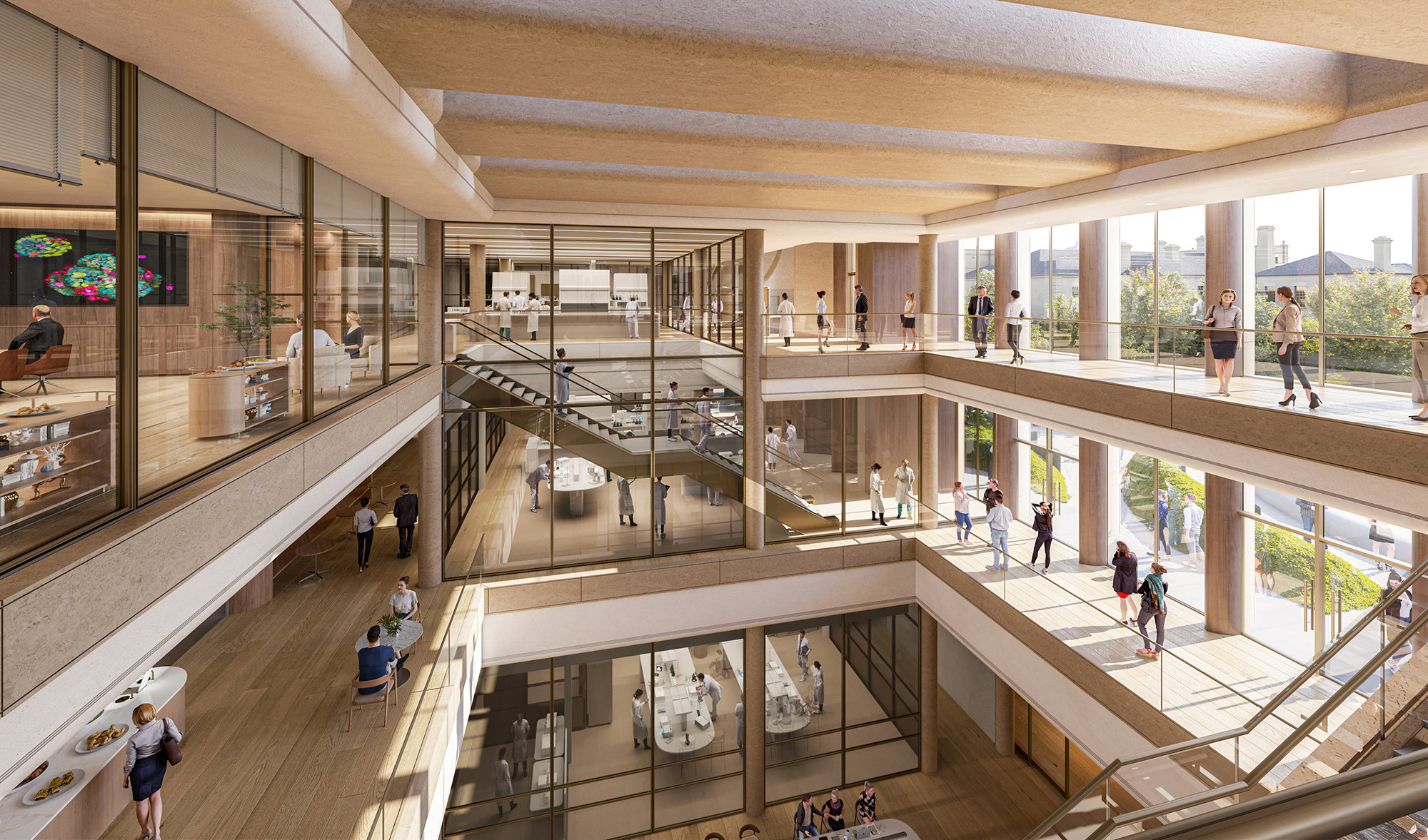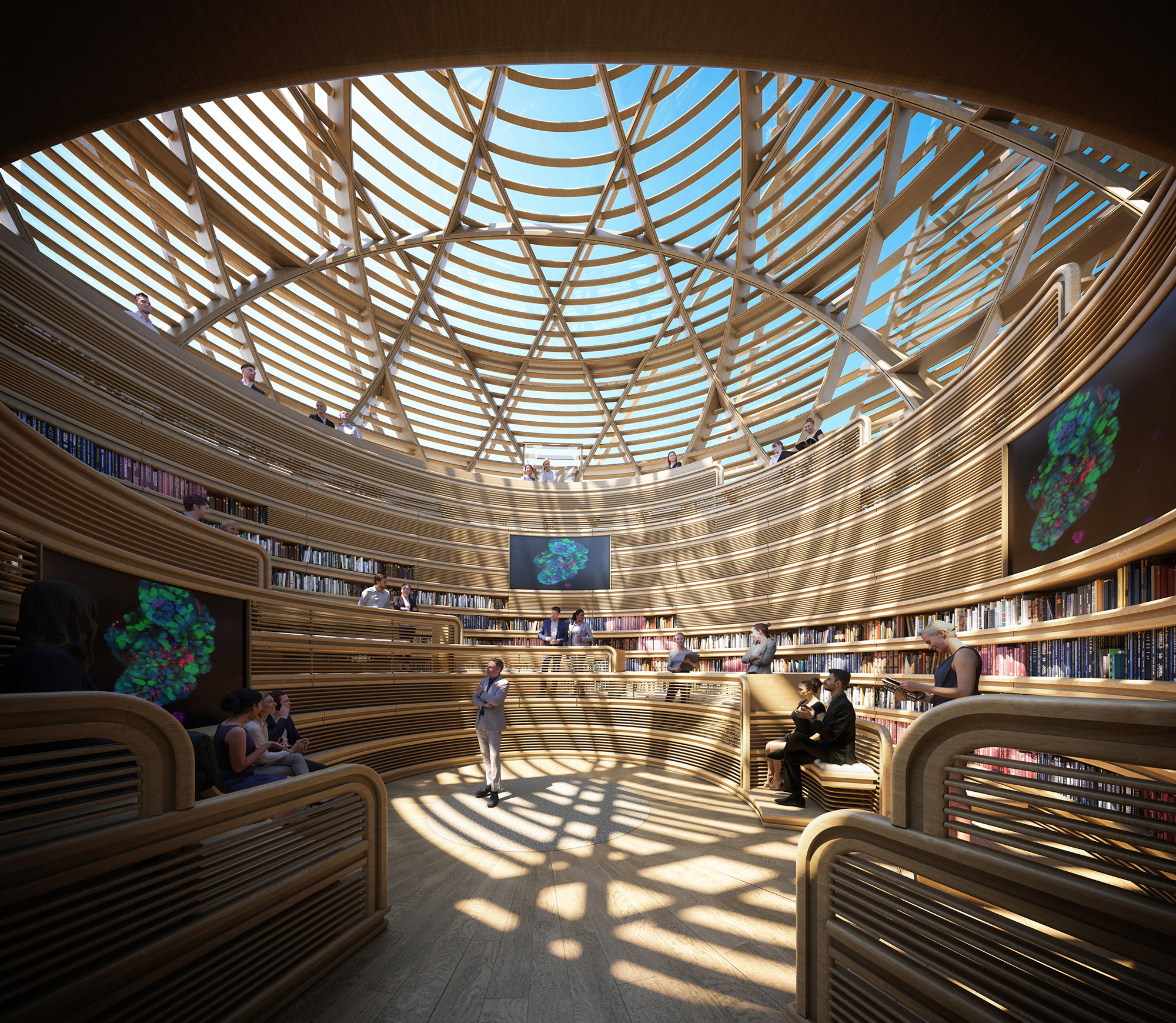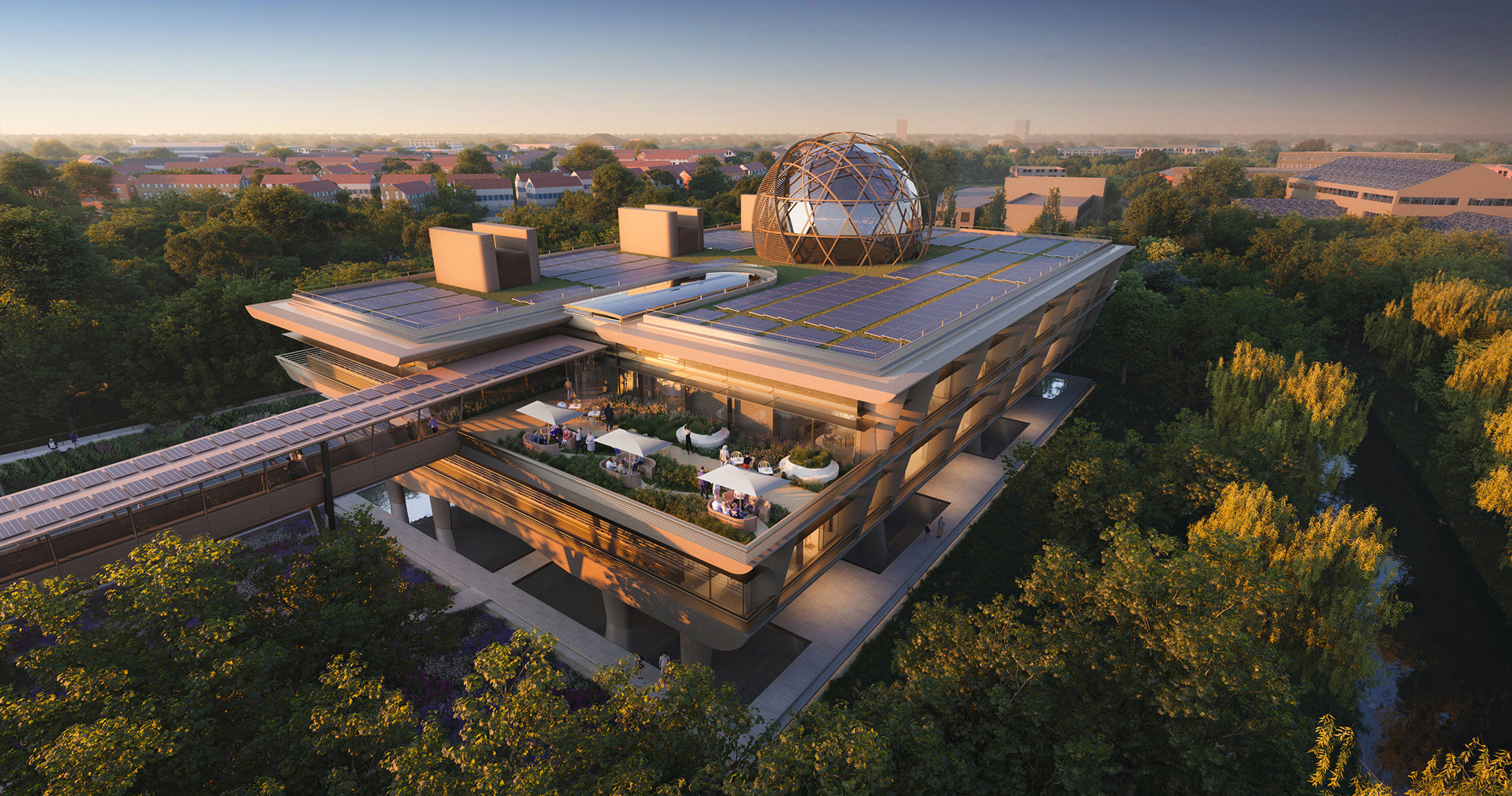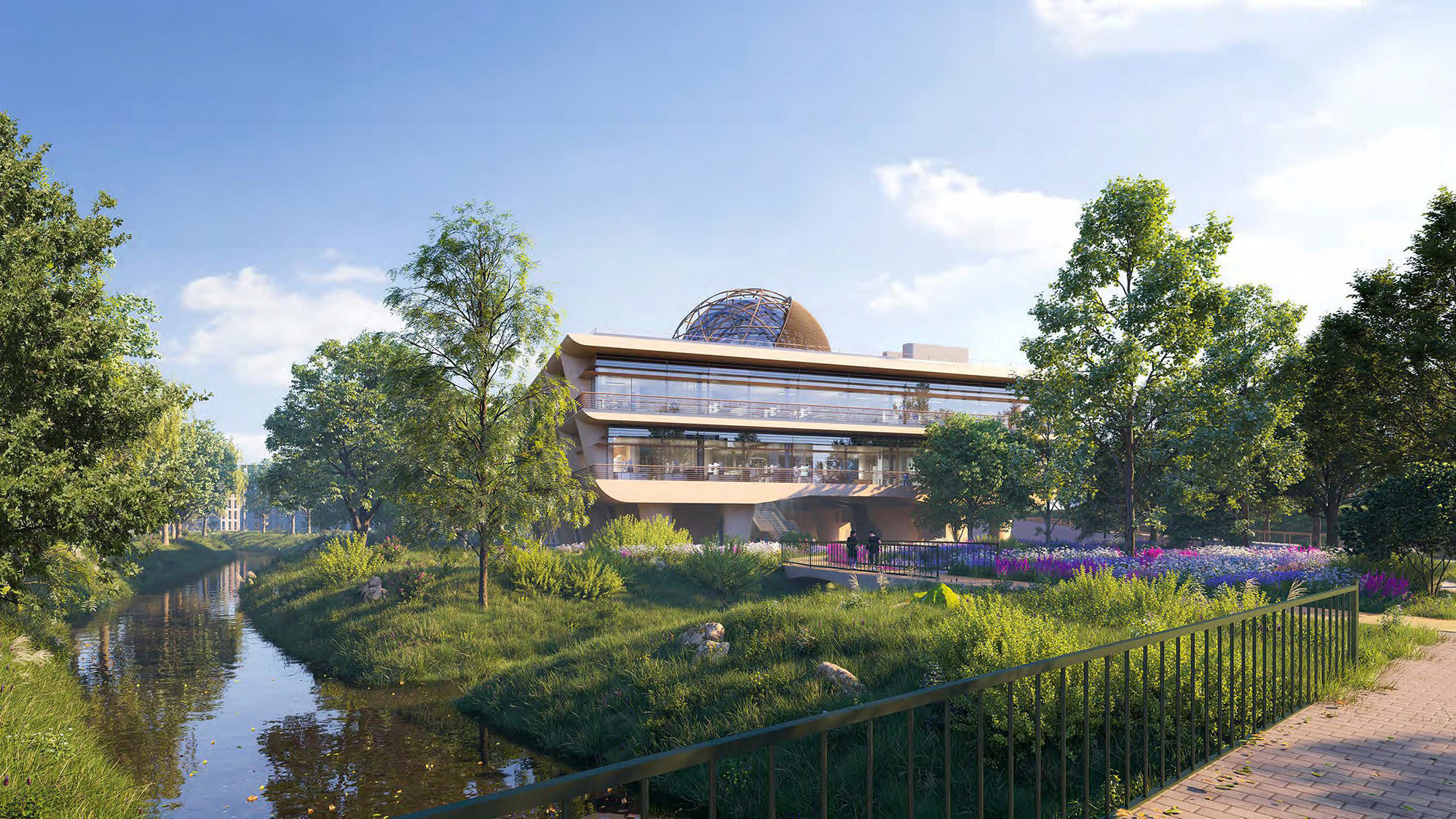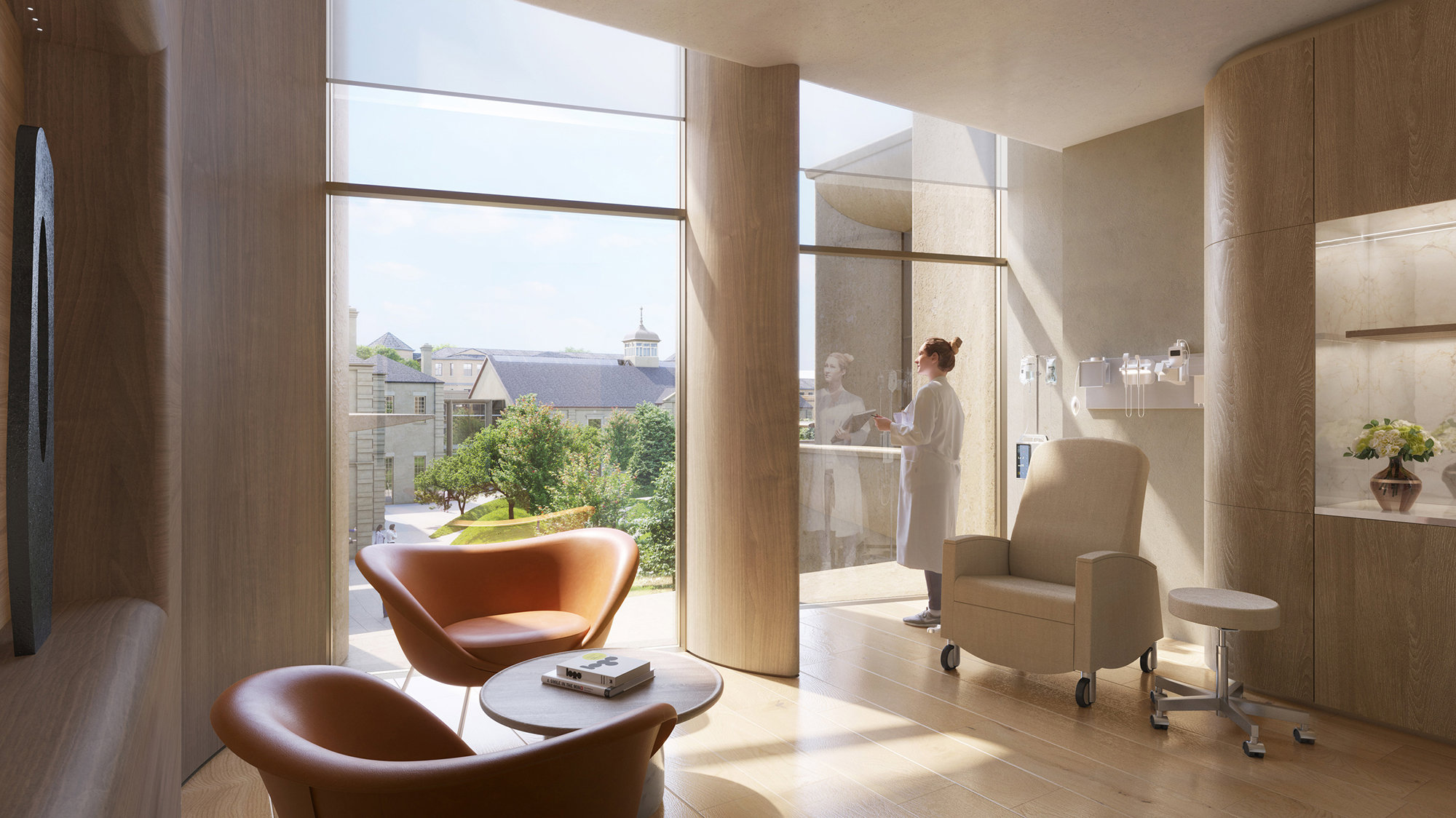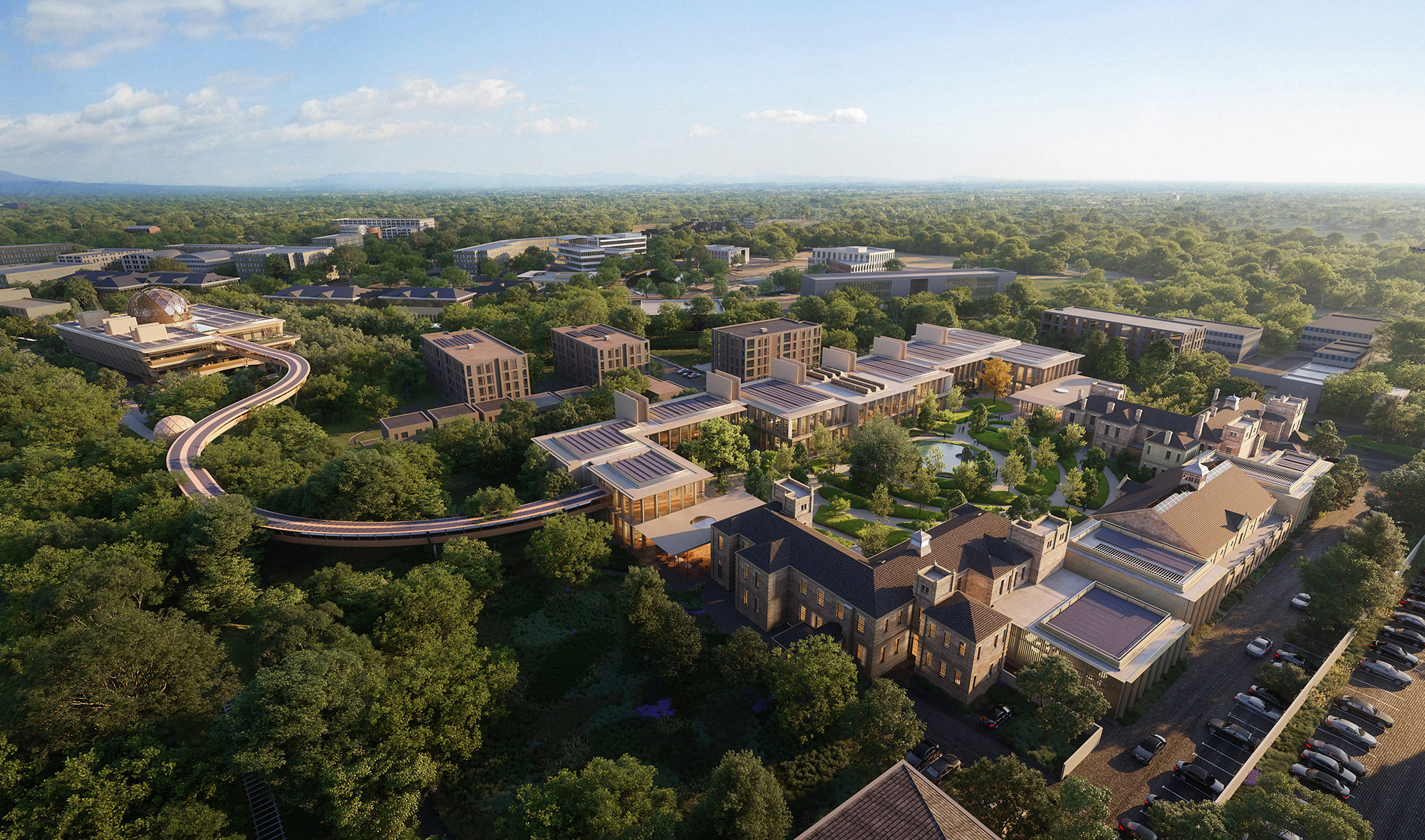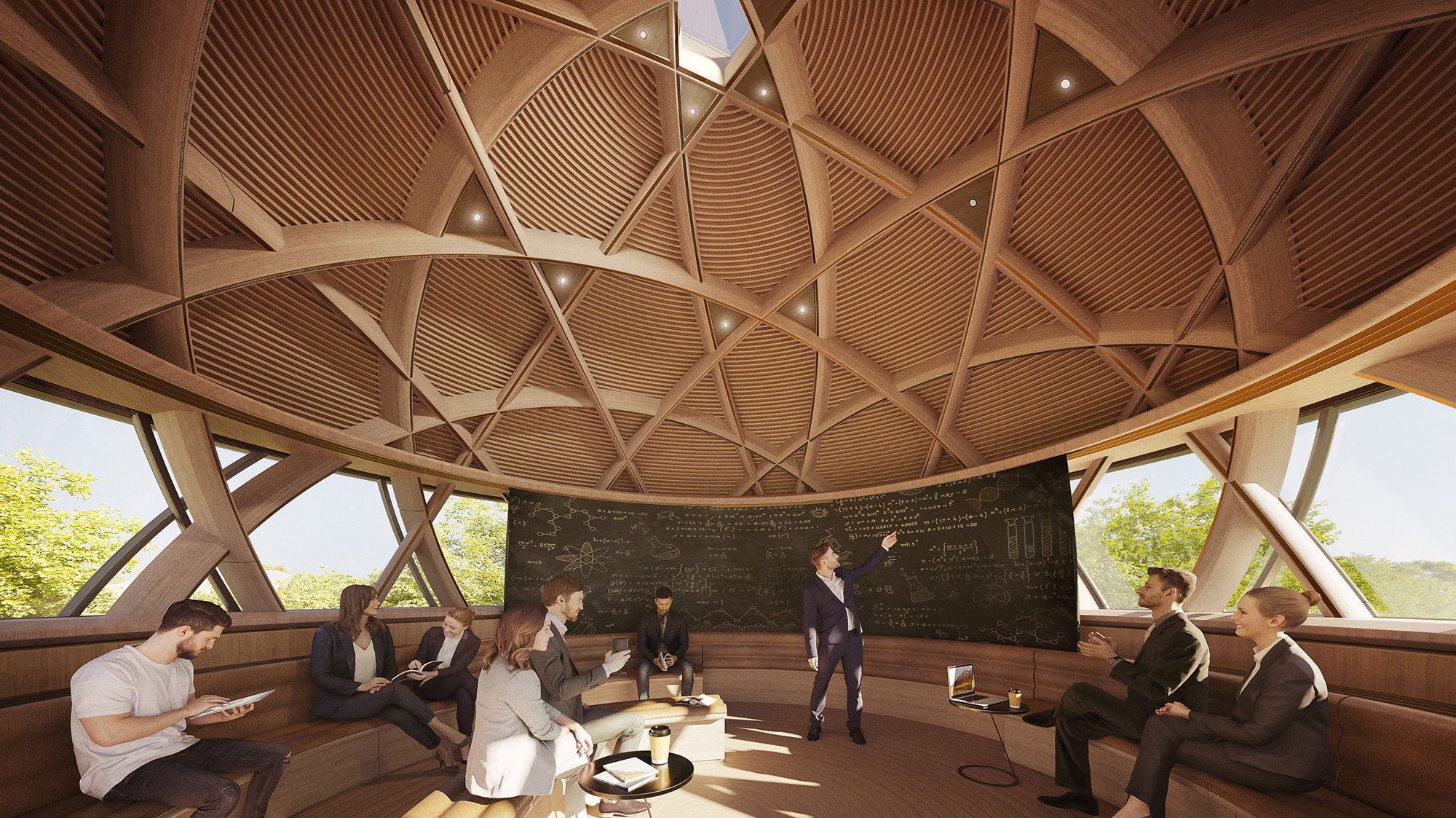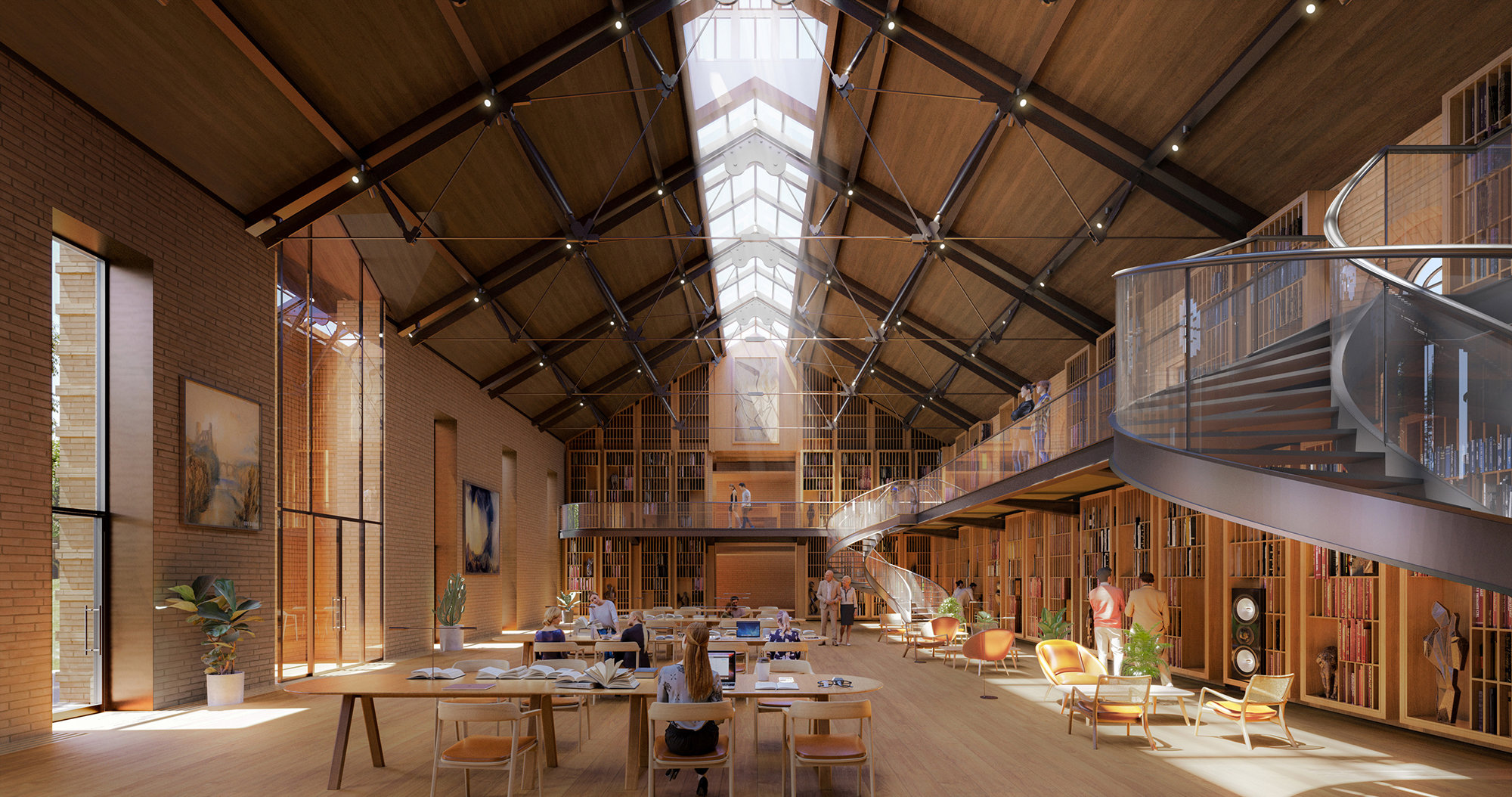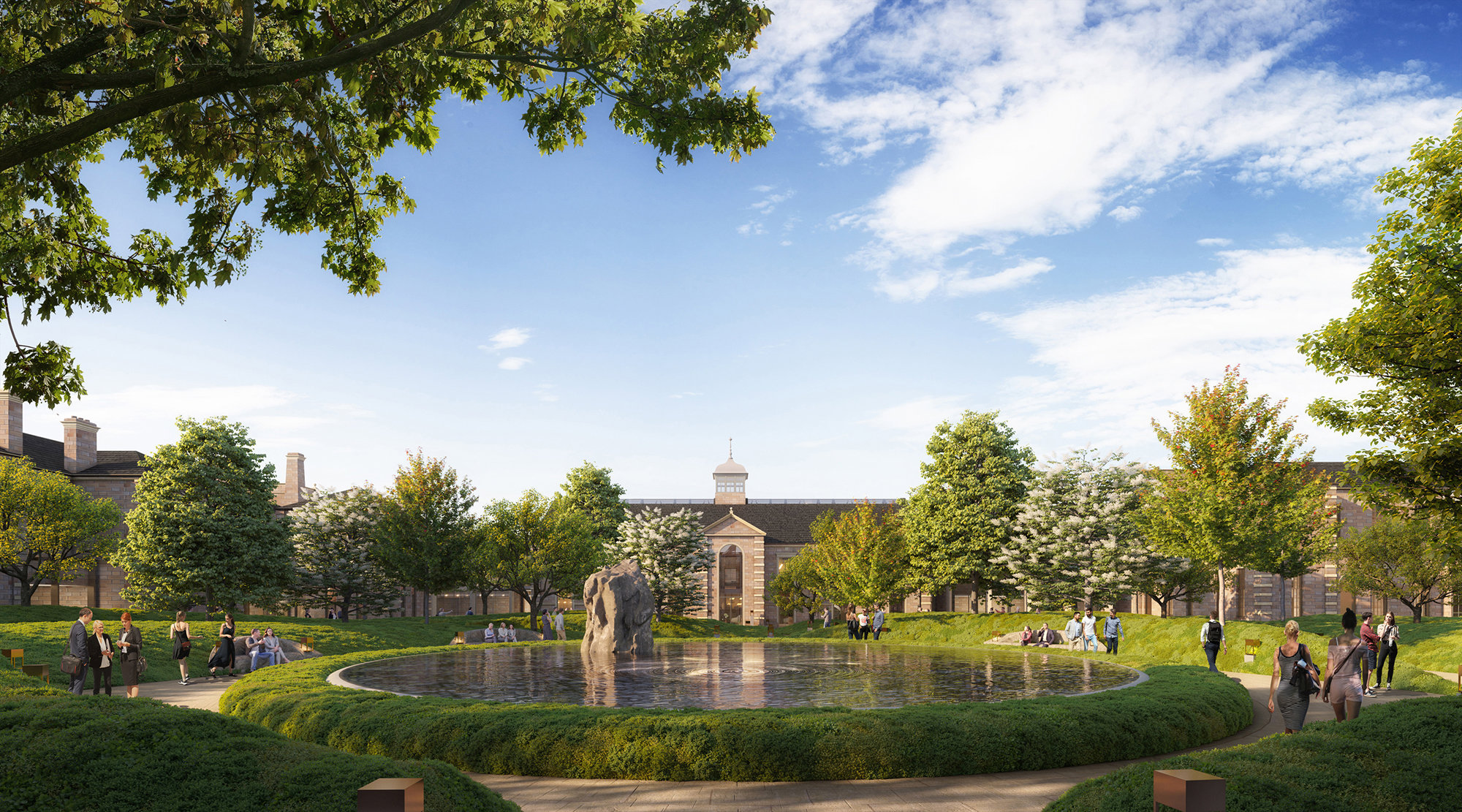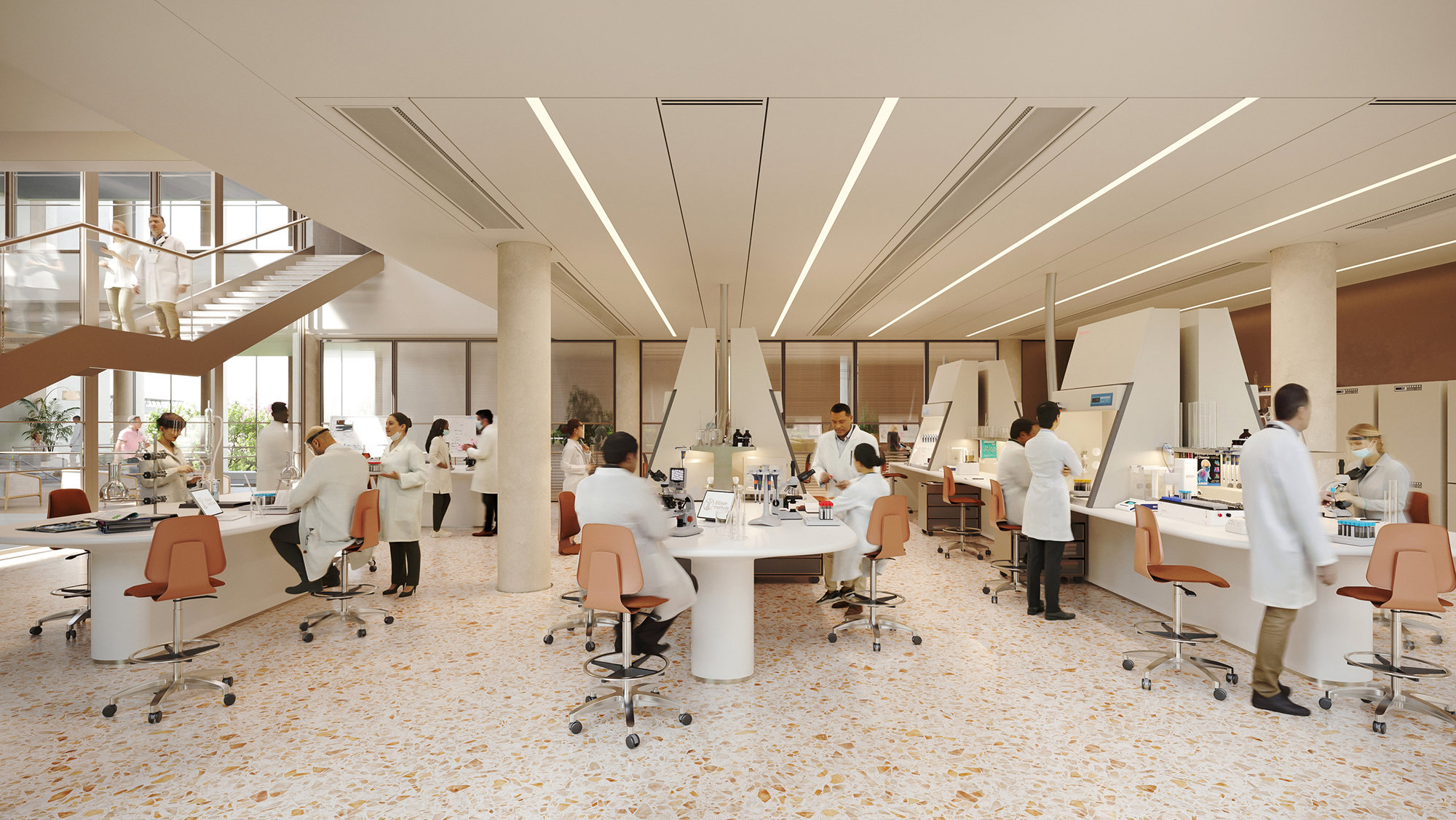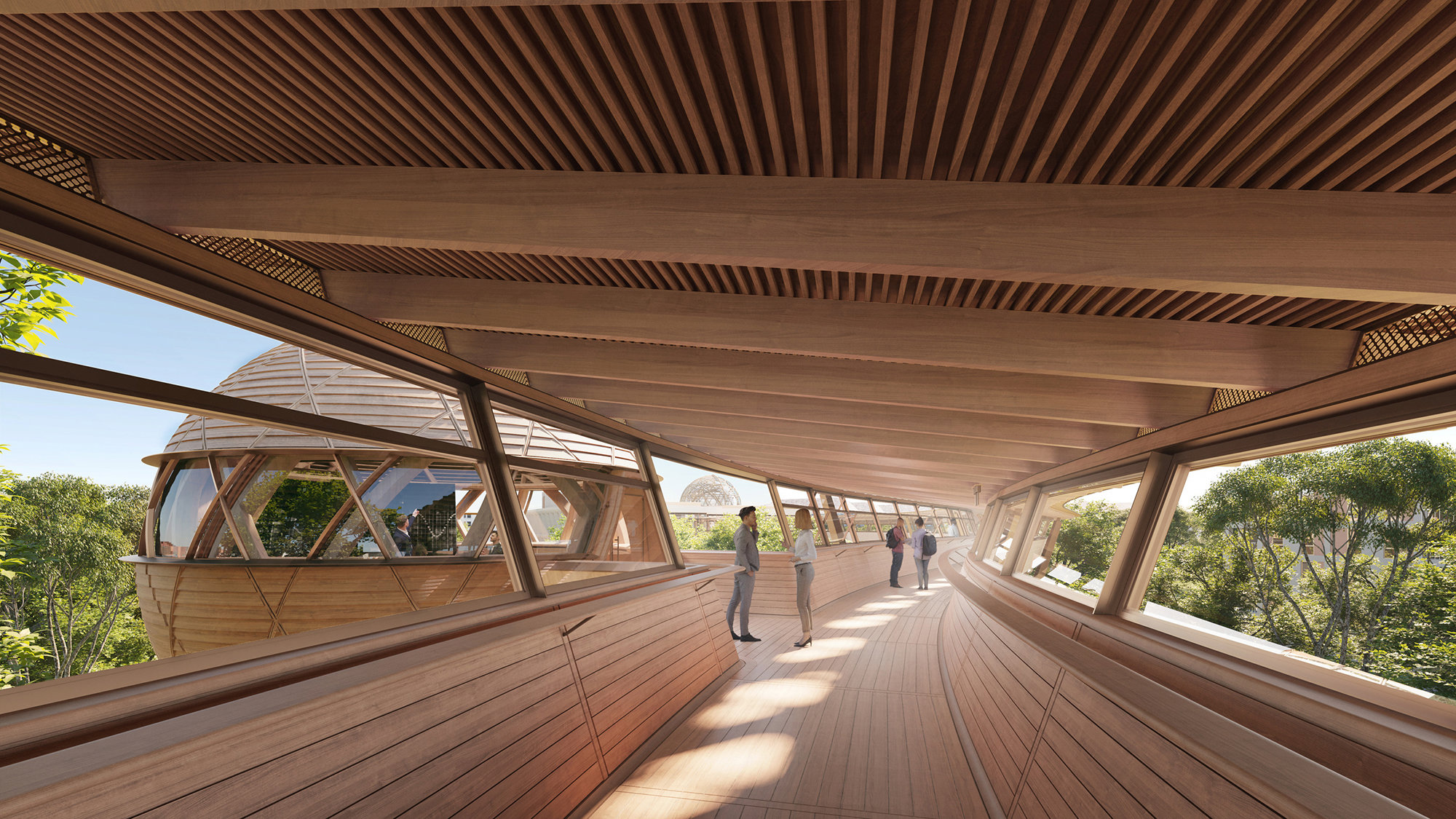Designs have been revealed for Ellison Institute of Technology’s new interdisciplinary research and development facility in Oxford.
Established eight years ago as a research and development centre for cancer and wellness, healthcare and global public health, EIT has now broadened its mission to focus on four key areas of scientific and technological innovation: medical science and healthcare, food security and sustainable agriculture, clean energy and climate change, and government policy and economics.
Designed by Foster + Partners, the new campus will incorporate more than 30,000m2 of research laboratory space, an oncology and wellness patient clinic, as well as educational and meeting spaces to support EIT’s primary mission of solving four of humanity’s most challenging and enduring problems. Set for completion in 2026, the sustainable development returns nature to the site and is targeting BREEAM Outstanding and WELL Platinum accreditation.
Norman Foster, Founder and Executive Chairman, Foster + Partners, said: “Our design for Ellison Institute of Technology’s new Oxford campus creates a truly collaborative and nurturing environment, which will encourage research and breakthroughs. A primary objective of the project is to break down barriers between researchers, scientists, clinicians and patients, creating a human-centred and holistic approach to healthcare and technological innovation.”
Gerard Evenden, Head of Studio, Foster + Partners, added: “The campus is spread over two plots, Littlemore House and Oxford Science Park, which are directly connected by a verdant treetop walkway. We are working closely with the landscape architect, Fernando Caruncho, to restore greenery across both plots and provide spaces which enhance wellbeing for patients and staff.”
David Agus, Founding Director and CEO, EIT, said. “With the expansion of our interdisciplinary team of researchers, scientists, physicians and innovators across two continents, Ellison Institute of Technology is reaffirming our mission of improving human lives through innovation and collaboration.”
The facility’s location will further EIT’s current partnerships in the Oxford biotech and technology communities; expand work and research collaborations with the University of Oxford; and help to support the launch of the new Ellison Scholars programme, aimed at finding and funding the next great global innovators.
Alongside the flagship facility in Los Angeles, California, the upcoming Oxford Campus is the second in a planned series of globally connected research campuses for the Institute.
Littlemore House
A number of existing buildings, including the historic Littlemore House, are being restored and connected to new pavilions along the eastern edge of the site. The new additions create a C-shaped configuration with a green courtyard at its heart. The courtyard is a landscaped outdoor area - with a circular water feature and seasonal planting - for patients, scientists, researchers and clinicians to enjoy together. Spaces between the buildings visually connect the courtyard with the surrounding streets, while sculptural fins on the façades of the new buildings provide shading, climate control and privacy.
The functional spaces are arranged in a nonlinear way, to encourage chance encounters and collaboration between disciplines. Littlemore House has been restored and transformed into a single volume space, containing a library and study area that can also be adapted for informal meetings and events. Flexible laboratories can be adapted easily to meet the Institute’s changing needs over time.
A sunken 250-seat auditorium, located beneath the courtyard, serves as a central meeting space for lectures and large-scale events. Light filters through the water feature above and dances on the walls of the auditorium.
Oxford Science Park
A new building with additional laboratories and educational spaces is located on the Oxford Science Park plot, one of Europe’s leading science parks. The building is lifted up on stilts - due to the adjacent Littlemore Brook - allowing landscaping and fresh air to flow directly underneath it. A wooden geodesic dome, with rotating solar shading, provides another striking forum for events, lectures and collaborative endeavours at the top of the building.
